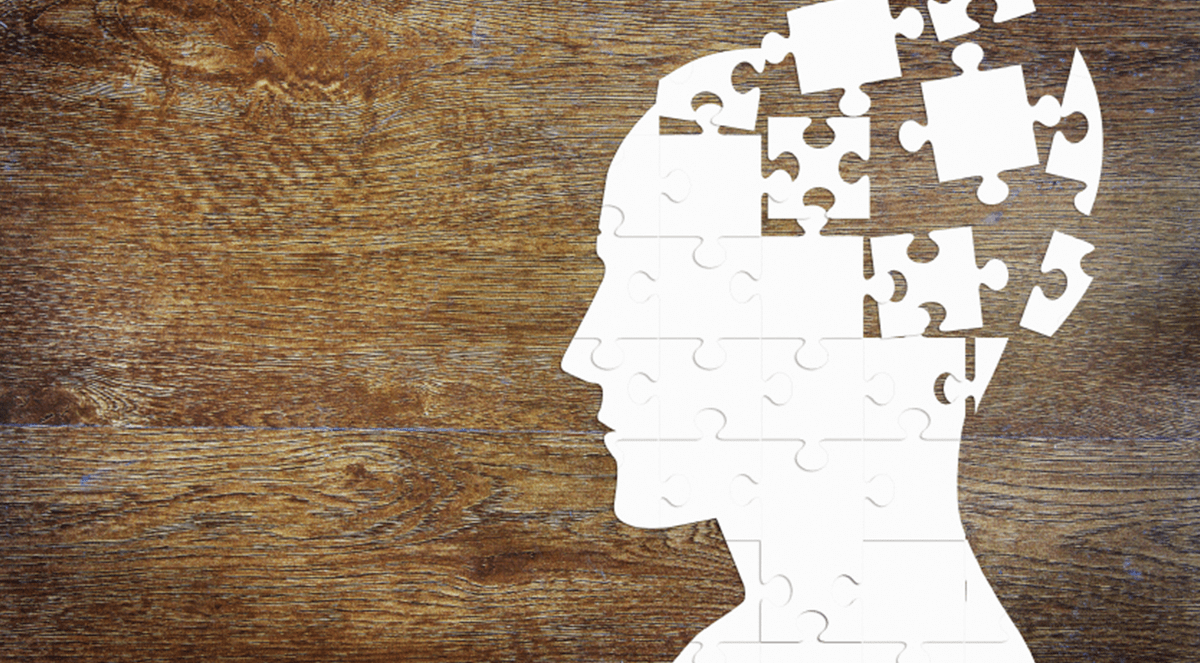Few evidence-based treatments for eating disorders (EDs) exist. Imaginal exposure therapy is a key component of effective treatment for anxiety disorders and post-traumatic stress disorder. However, imaginal exposure has not been systematically tested as a treatment for EDs. The current study aimed to develop and test online imaginal exposure as a treatment for EDs.
The current study tested a four-week trial of online imaginal exposure for EDs (N = 229 participants with EDs recruited globally). Participants completed diagnostic interviews and four sessions of weekly online imaginal exposure, in which they wrote about and imagined a core ED fear (identified with a therapist). Participants completed measures of ED symptoms and fears (i.e., fear of weight gain, food) at pre-imaginal exposure, post-imaginal exposure, and six-month follow-up. Participants were recruited and participated in the protocol from November 2016 to October 2018.
All primary outcomes (ED symptoms, ED fears) significantly decreased at study completion and six-month follow-up with medium-to-large effect sizes. State anxiety across the exposure and follow-ups significantly decreased, specifically from initial sessions to follow-up. Worry, but not depression, significantly decreased.
This study was an open case trial and did not include a control condition.
Significant decreases in ED symptoms and fears occurred during the course of imaginal exposure treatment. Online imaginal exposure is a feasible treatment for EDs and is associated with decreases in core ED symptomatology, which are comparable in magnitude to decreases seen from other evidence-based treatments. A future randomized-controlled trial is needed.
ClinicalTrials.gov identifier NCT03712748.
Copyright © 2020. Published by Elsevier B.V.
Eating disorder symptoms and core eating disorder fears decrease during online imaginal exposure therapy for eating disorders.


